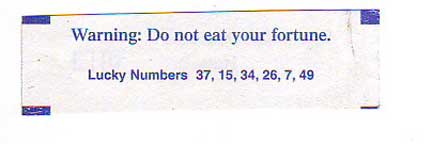In this performance review,Darcy James Argue’s Secret Society: Steve Reich @ The Whitney, 15 Oct 2006 (Alarm Will Sound, So Percussion, etc), Darcy exhibits how deeply he gets it.
…at the time Reich first started presenting his music, few classically trained players were capable of dealing with its demands. It’s not that the music is flashy and virtuosic — just the opposite. But it requires (and I’m sorry to keep harping on this, but it’s important) rhythmic authority. Rhythmic authority isn’t just the ability to play rhythms precisely, although unfortunately, many classical players aren’t even equipped for that. Reich’s music is only playable if everyone has a rock-solid internal click track going, as well as the ability to both lock in with the ensemble and — when necessary — slip off the grid while still maintaining rigorous control over your own tempo. And that’s just to get through the music on a basic level. For the pieces to come alive, for the music to draw the listeners in instead of just sitting there, flat and sterile, you need to have an emotional connection to rhythm. You need to understand viscerally, in your gut, what a short note on the “and” of one means, and how it’s different from the same note in a different part of the bar. You need to have an intuitive sense of how tiny differences in emphasis and placement can drastically affect the character of a syncopated or repeated figure. In other words, you must be able to groove.

